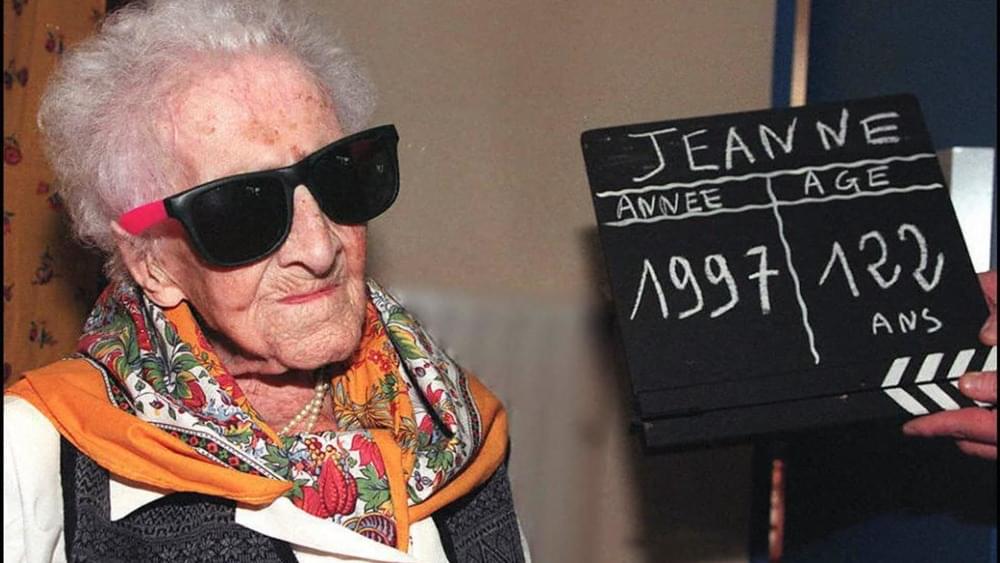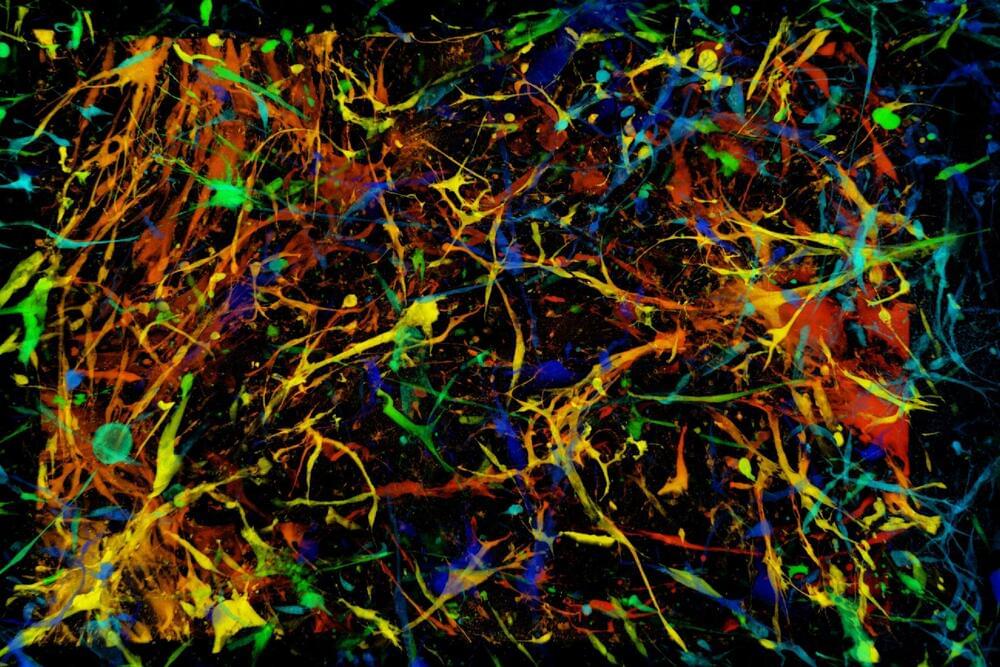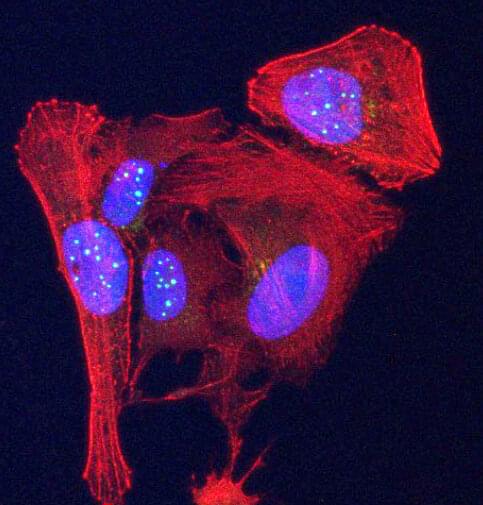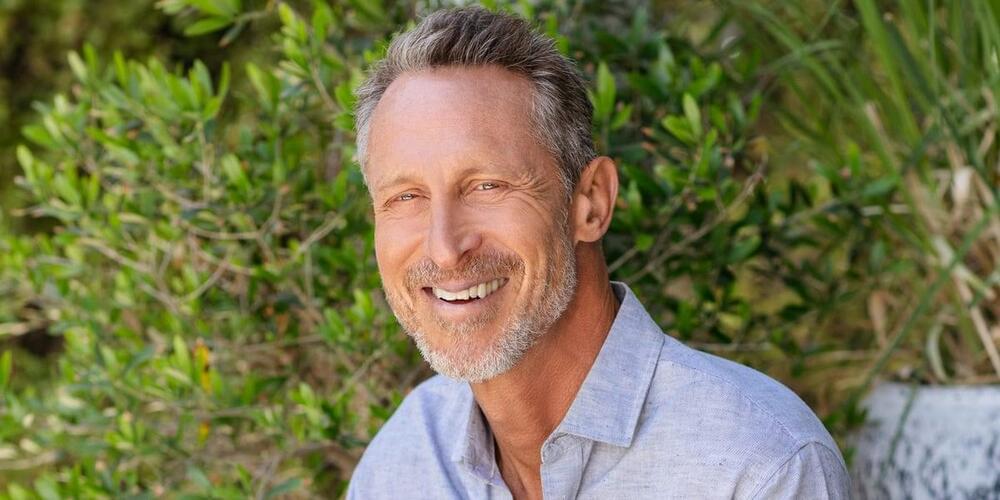Two U.S. congressmen have announced the formation of a bipartisan Congressional Caucus for Longevity Science.



19 minutes in, “At this point I think things are going pretty damned well,” when talking about if the middle-aged will benefit.
Life-Extension pioneer Dr. Aubrey De Grey discusses the LEV & SENS foundations, the latest trends in anti-aging research, new animal trials anticipated to double or triple life expectancy, and increased social acceptance for the disease model of aging.
Dr. Aubrey de Grey is President and CSO at the Longevity Escape Velocity (LEV) Foundation and Co-founder at the SENS Research Foundation. He’s also the author of The Mitochondrial Free Radical Theory of Aging and co-author of Ending Aging.
Dr. De Grey is generally recognized as one of world’s leading experts in longevity research, and is an international adjunct professor of the Moscow Institute of Physics and Technology, a fellow of the Gerontological Society of America, the American Aging Association, and also the Institute for Ethics and Emerging Technologies.
Dr. De Grey has a BA in Computer Science, studies in Bioinformatics, and a PhD in Biology from the University of Cambridge.

Glioblastomas are the most common malignant tumors of the adult brain. They resist conventional treatment, including surgery, followed by radiation therapy and chemotherapy. Despite this armamentarium, glioblastomas inexorably recur.
In a new study published in Nature Communications, Isabelle Le Roux (CNRS) and her colleagues from the “Genetics and development of brain tumors” team at Paris Brain Institute have shown that the elimination of senescent cells, i.e., cells that have stopped dividing, can modify the tumor ecosystem and slow its progression. These results open up new avenues for treatment.
Glioblastoma, the most common adult brain cancer, affects 2 to 5 in 100,000 individuals. While the incidence of the disease is highest in those between 55 and 85 years old, it is increasing in all age groups. This effect can’t be attributed to improved diagnostic techniques alone, suggesting the influence of environmental factors hitherto unidentified.
Can we objectively tell how fast we are aging? With a good measure, scientists might be able to change our rate of aging to live longer and healthier lives. Researchers know that some people age faster than others and have been trying to concisely measure the internal physiological changes that lead to deteriorating health with age.
For years, researchers have been using clinical factors normally collected at physicals, like hypertension, cholesterol and weight, as indicators to predict aging. The idea was that these measures could determine whether someone is a fast or slow ager at any point in their life cycle. But more recently, researchers have theorized that there are other biological markers that reflect aging at the molecular and cellular level. This includes modifications to a person’s genetic material itself, or epigenetics.
While each person has a genetic makeup that largely does not change over their lifetime, chemical changes to their genetic material that occur throughout life can change which genes are turned on or off and lead to more rapid aging. These changes typically involve the addition of methyl groups to DNA and are influenced by social and environmental exposures, such as adverse childhood experiences, smoking, pollution and depression.

Telomeres – the protective caps at the tips of chromosomes – can encode two proteins, something that was previously thought impossible, new research has suggested. The discovery of genetic information coding for these proteins, one of which is elevated in some human cancers, could have huge ramifications for the fields of health, medicine, and cell biology.
“Discovering that telomeres encode two novel signaling proteins will change our understanding of cancer, aging, and how cells communicate with other cells,” study author Jack Griffith, the Kenan Distinguished Professor of Microbiology and Immunology at the University of North Carolina at Chapel Hill, said in a statement.
“Based on our research, we think simple blood tests for these proteins could provide a valuable screen for certain cancers and other human diseases,” Griffith, who is also a member of the UNC Lineberger Comprehensive Cancer Center, added. “These tests also could provide a measure of ‘telomere health,’ because we know telomeres shorten with age.”

Once thought incapable of encoding proteins due to their simple monotonous repetitions of DNA, tiny telomeres at the tips of our chromosomes seem to hold a potent biological function that’s potentially relevant to our understanding of cancer and aging.
Reporting in the Proceedings of the National Academy of Sciences, UNC School of Medicine researchers Taghreed Al-Turki, Ph.D., and Jack Griffith, Ph.D., made the stunning discovery that telomeres contain genetic information to produce two small proteins, one of which they found is elevated in some human cancer cells, as well as cells from patients suffering from telomere-related defects.
“Based on our research, we think simple blood tests for these proteins could provide a valuable screen for certain cancers and other human diseases,” said Griffith, the Kenan Distinguished Professor of Microbiology and Immunology and member of the UNC Lineberger Comprehensive Cancer Center. “These tests also could provide a measure of ‘telomere health,’ because we know telomeres shorten with age.”
This video covers digital immortality, its required technologies, processes of uploading a mind, its potential impact on society, and more. Watch this next video about the world in 2200: https://bit.ly/3htaWEr.
► Support This Channel: https://www.patreon.com/futurebusinesstech.
► Udacity: Up To 75% Off All Courses (Biggest Discount Ever): https://bit.ly/3j9pIRZ
► Brilliant: Learn Science And Math Interactively (20% Off): https://bit.ly/3HAznLL
► Jasper AI: Write 5x Faster With Artificial Intelligence: https://bit.ly/3MIPSYp.
CHAPTERS
00:00 Required Technologies.
01:42 The Processes of Uploading a Mind.
03:32 Positive Impacts On Society.
05:34 When Will It Become Possible?
05:53 Is Digital Immortality Potentially Dangerous?
SOURCES:
• The Singularity Is Near: When Humans Transcend Biology (Ray Kurzweil): https://amzn.to/3ftOhXI
• The Future of Humanity (Michio Kaku): https://amzn.to/3Gz8ffA
• https://www.scientificamerican.com/article/what-is-the-memory-capacity/
• https://www.anl.gov/article/researchers-image-an-entire-mous…first-time.
• https://interestingengineering.com/cheating-death-and-becomi…-uploading.
Official Discord Server: https://discord.gg/R8cYEWpCzK
💡 On this channel, I explain the following concepts:
• Future and emerging technologies.
• Future and emerging trends related to technology.
• The connection between Science Fiction concepts and reality.
SUBSCRIBE: https://bit.ly/3geLDGO

